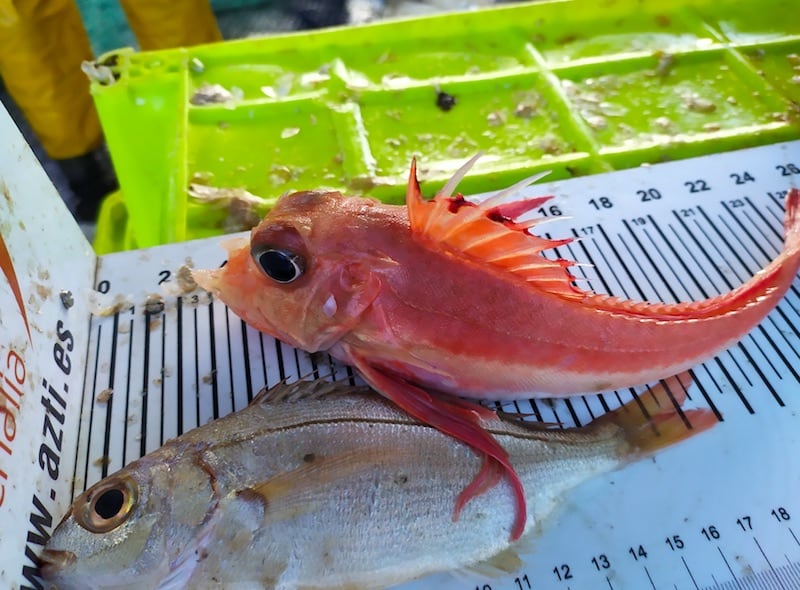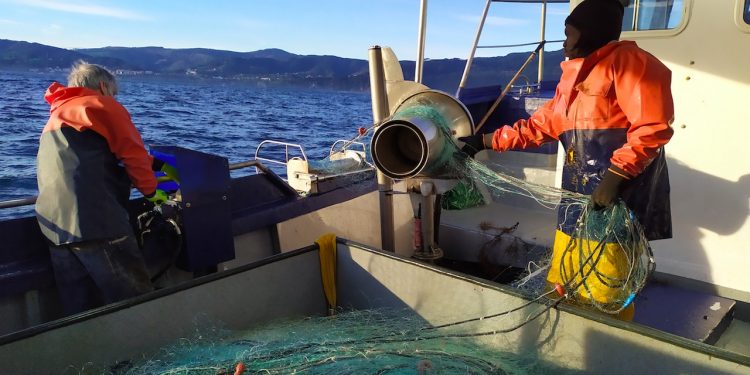A comprehensive review of existing methods for data collection in Northeast Atlantic small-scale fisheries (SSF) has been released by CABFishMan. This review sheds light on how new tech can make data gathering more efficient and enable collaborative management.
The findings of the review, which includes contributions from scientists, managers, and fishermen, will be used to develop a web-based tool allowing stakeholders to identify the best way of collecting data in their fishery.

The Conserving Atlantic Biodiversity by Supporting Innovative Small-scale Fisheries Co-management (CABFishMan) programme is an international research project aimed at improving the protection of the marine environment and marine resources in the Northeast Atlantic.
By engaging SSF and taking a collaborative approach, the project is exploring an ecosystem-sensitive approach to management of SSF in the area. Funded by the Interreg Atlantic Area European Regional Development Fund and spanning five countries, the project involves expert contributors from Spain, France, Portugal, the United Kingdom, and Ireland.
‘In the past two decades a shift in fisheries management has been promoted, from a single-species approach to a more holistic ecosystem-based approach,’ said Arantza Murillas, principal researcher in sustainable fisheries management at AZTI Tecnalia and project co-ordinator of CABFishMan.
‘However, moving towards it when managing multi-species, multi-gear SSF remains a challenging task due to the importance of improving data collection across the Northeast Atlantic.’
The review provides a broad and in-depth analysis of the various ways data is collected in SSF, with an evaluation of the pros and cons of each, and recommendations for best practice. It draws upon case studies from countries further afield, and explores how innovative technology such as self-sampling programs and advanced spatial mapping could be used for collaborative management of SSF in the future.
‘The review is especially relevant as it provides geo-referenced data on fishing effort and catches in the area, information which is crucial for establishing a collaborative co-management framework in the Atlantic region’ Arantza Murillas explained, commenting that more data is needed to understand the best way to manage and sustainably develop SSF.
This review seeks to provide crucial knowledge to enable future collaborative and sustainable management of SSF in the Northeast Atlantic. It represents a key step forwards in achieving sustainable, collaboratively-managed small-scale fisheries in the region.
The full review is available here









